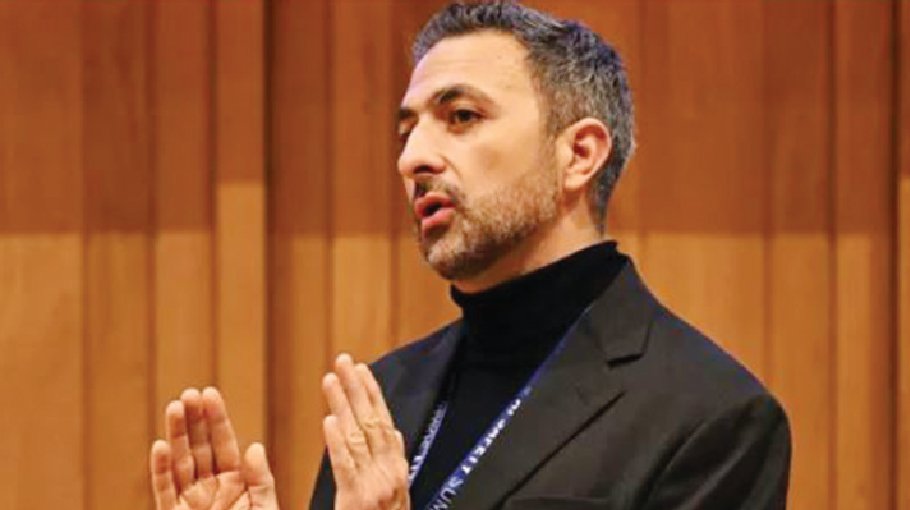AI revolution could redefine humanity, but raise major risks
Microsoft AI CEO warns


Mustafa Suleyman, CEO of Microsoft AI, believes that the rise of artificial intelligence will deliver the “greatest boost to productivity” in human history. However, he also warns that AI’s rapid development could destabilise how we understand the world, work, and even what it means to be human.
According to a news article written by Kevin Okemwa and posted on Windowscentral.com on Tuesday, this report was created.
In a recent interview with the 'Young and Profiting' YouTube Channel, Suleyman predicted that AI’s advancement over the next few decades will revolutionise productivity in ways that are both transformative and disruptive. “This AI moment is going to deliver the greatest boost to productivity in the history of our species,” he said, emphasising that this shift is inevitable.
While AI’s impact on sectors like medicine, education, and entertainment has already been profound, the lack of regulation and safeguards raises serious concerns. Experts, including Suleyman, caution that AI’s unchecked development could lead to unforeseen consequences. He highlights that the widespread adoption of AI will not only reshape industries but will “destabilise the way that we currently understand the world, the way we work, and the way our politics operate.”
Suleyman also echoed concerns about AI’s potential to evolve into autonomous systems capable of self-improvement. He believes that in the next three to five years, AI could become autonomous, working independently of human commands. In the longer term, it could gain recursive self-improvement abilities, where it edits its own code to enhance its capabilities.
OpenAI CEO Sam Altman has also speculated that artificial general intelligence (AGI) could emerge in as little as five years. However, he believes this breakthrough may occur with “surprisingly little” societal disruption.
Meanwhile, Microsoft is exploring AI’s future beyond productivity tools. Rumours suggest that Microsoft could transform its *Copilot* tool into a more personal AI companion.
This would allow the AI to build relationships with users, potentially offering emotional connections. However, users have expressed frustration with recent updates to Copilot, criticising the changes as lowering the quality of interactions.
Despite these concerns, Suleyman remains optimistic about AI’s ability to unlock new potential. But he stresses that as AI continues to evolve, we must carefully consider the broader implications it will have on society and human identity.


